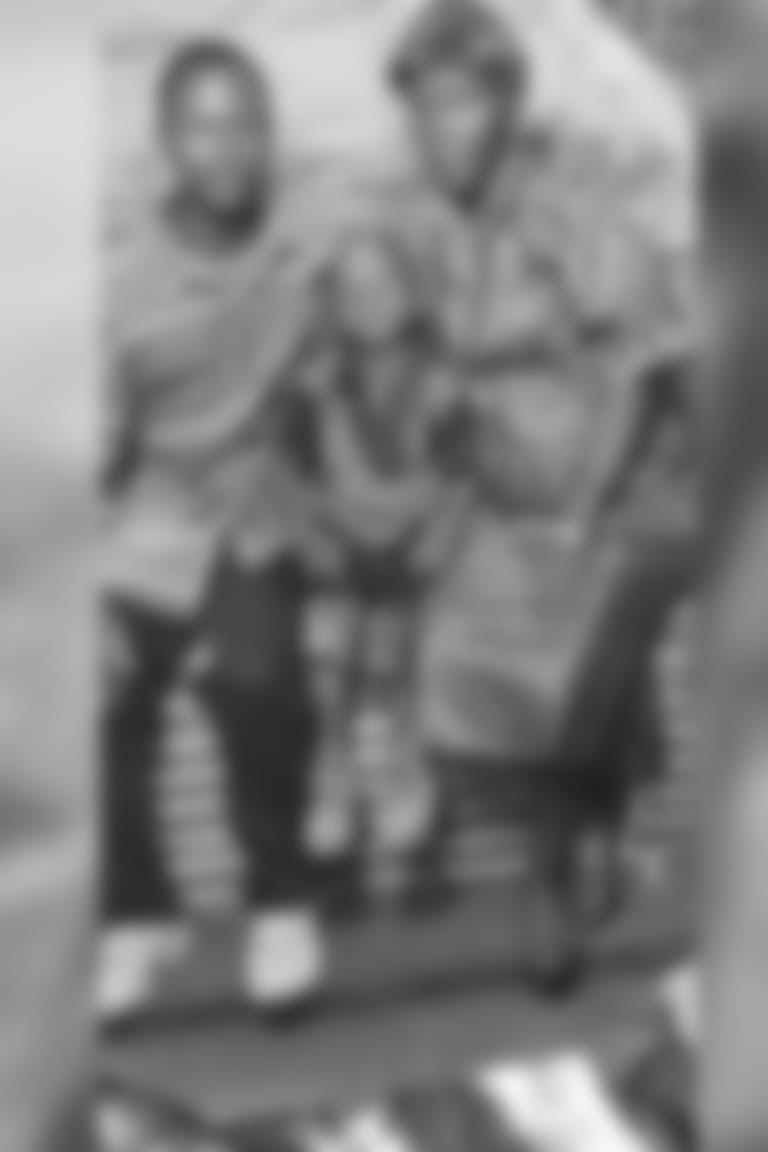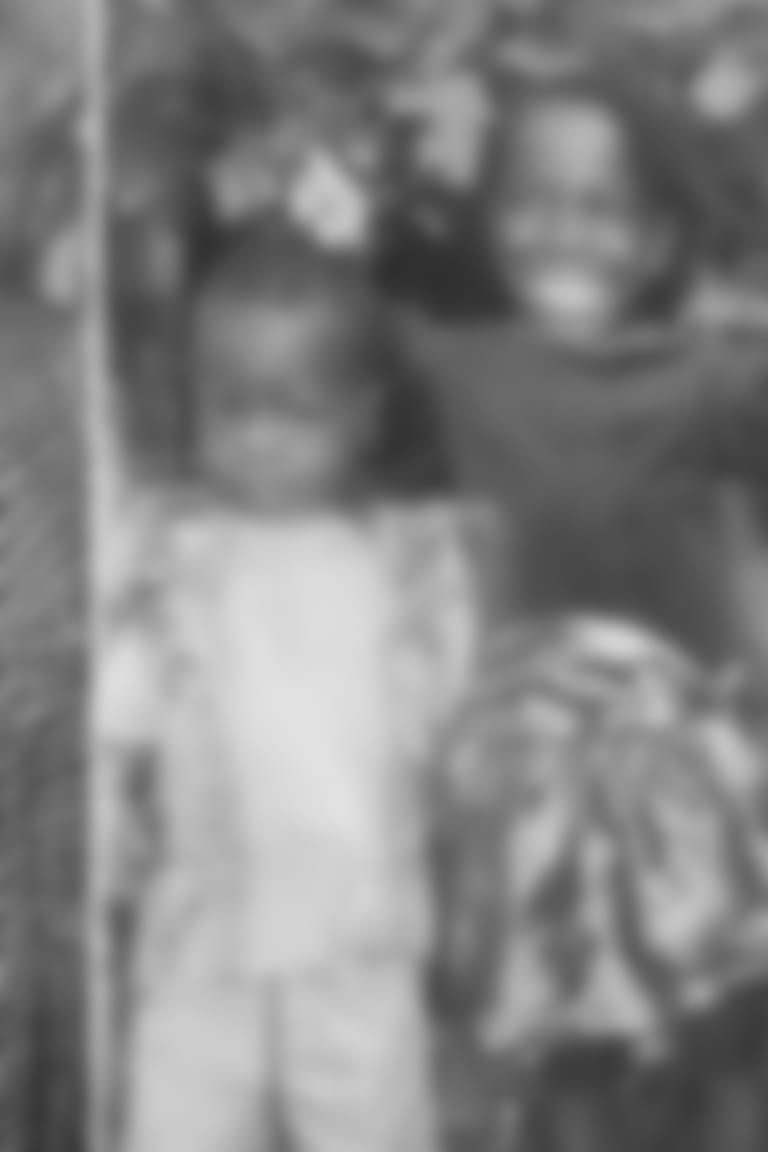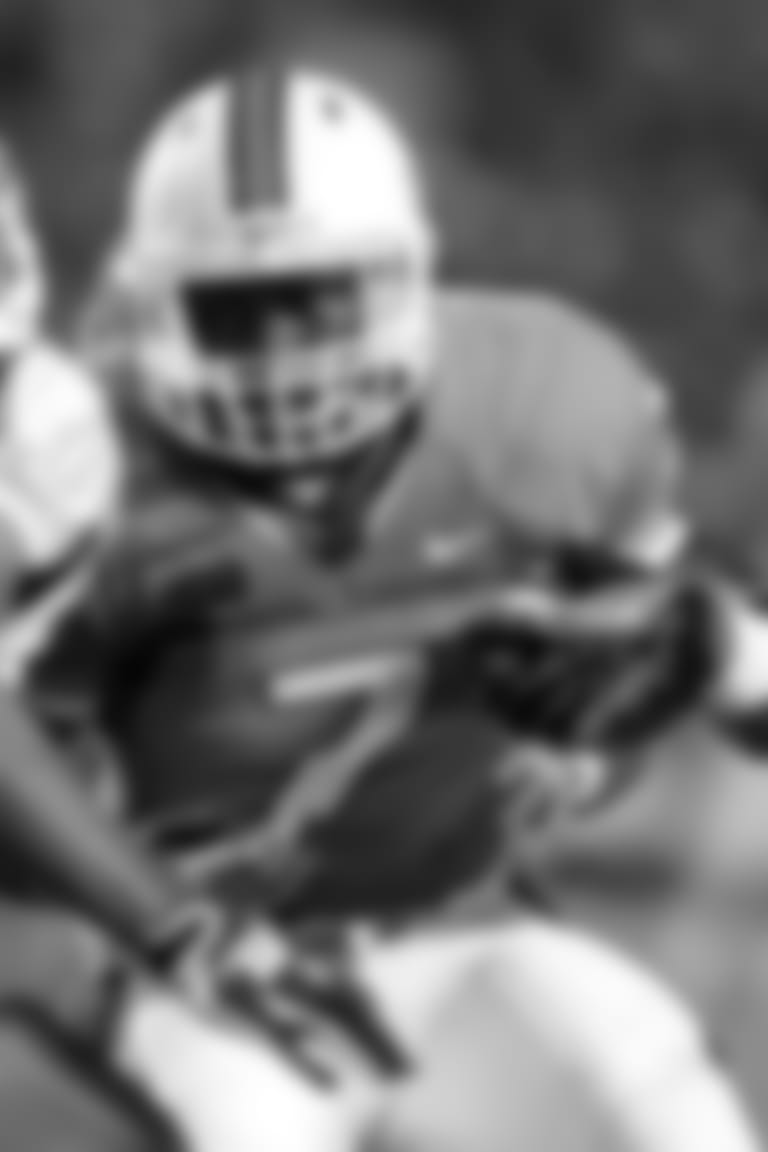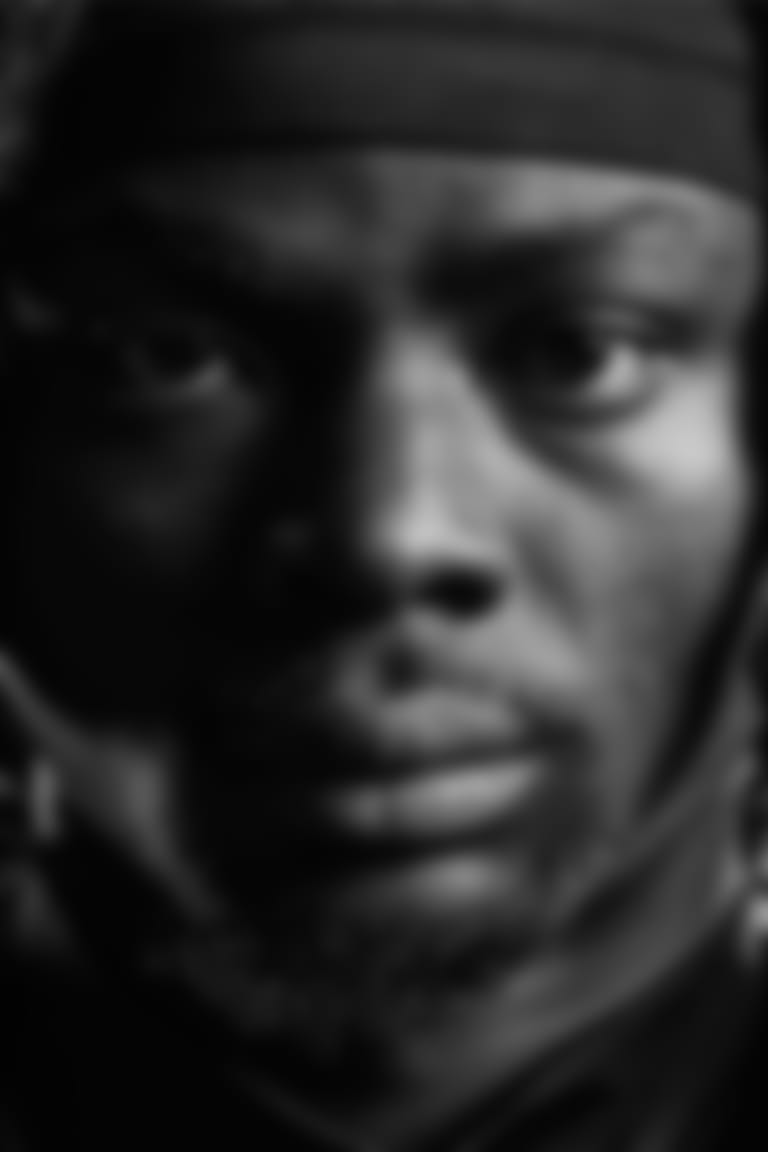Gus Edwards: The American Dream
Born in the middle of the Liberian Civil War, Gus Edwards and his family fled the violence to find a better life in the United States. But no part of it was easy.
By: Ryan Mink
When Gus Edwards called his father to share the life-changing good news of his contract extension with the Ravens, Sackie Edwards was in Liberia taking photos in front of their old cinder block home.
It hadn't changed a bit, and neither had the neighbors he chatted and posed with. They were all still there and remembered the Edwards family that fled more than 20 years ago.
Gus was born in 1995, in the middle of Liberia's 12-year civil war that tore the country apart and killed around 250,000 people.
Named after a woman who sponsored Sackie as a schoolchild, baby Augustus came home from the clinic to that one-bedroom rental house. That's where Sackie, his wife, and their three children lived until they had to split up the family for their safety and in hopes of a brighter future.
Sackie was in Liberia for the burial of his mother last month and figured he might as well go see the old house. That's when the phone rang with his son on the other end about to sign a two-year contract extension with $8 million guaranteed. Sackie sent Gus the photos of the house, which Gus hadn't seen since he left West Africa when he was 6 years old.
"It was just amazing," Gus said. "I was just taking it all in like, 'Wow, this is really where I come from.' Seeing that – God is good."


































